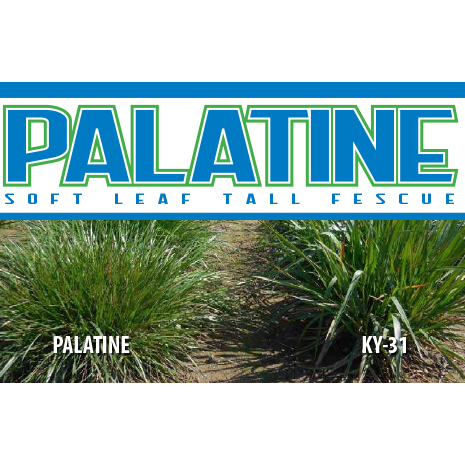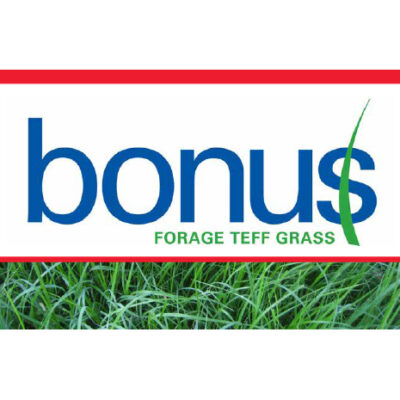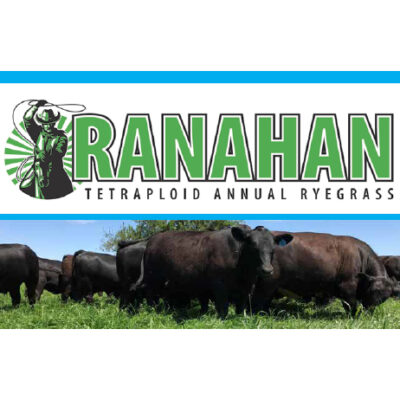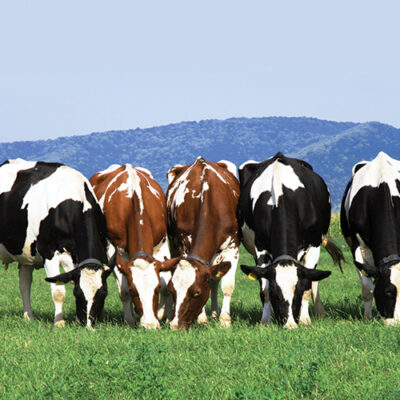Palatine Fescue
HIGH QUALITY SOFT LEAF TALL FESCUE
Palatine is a dense, soft, fine-leafed tall fescue with excellent forage quality. Palatine is free of toxic endophytes that cause animal health issues often associated with KY-31. The lack of toxic alkaloids, forage quality, and finer leaf makes it an ideal choice for grazing cattle, sheep and horses. Palatine’s forage quality also makes it an excellent choice for grass-based dairy operations. Palatine can be sown as a monoculture grass or used in mixtures with other grasses, legumes and forbs. The high Relative Feed Quality (RFQ) of Palatine makes it a suitable selection for thinning alfalfa stands.
Description
- Soft leaf tall fescue
- Exceptional palatability
- Excellent forage quality
- Endophyte free
- Ideal for grazing
- Use in thinning alfalfa stands
- Highly persistent
- Dense foliage shades yield and quality robbing weeds
ESTABLISHMENT
Plant at a rate of 20-250lbs./ac. Proper seed bed preparation is essential. A soil sample will identify necessary inputs to achieve proper pH, P, K and other macronutrient levels (extension service or agronomy supplier can advise). No-till seeding is generally very effective. Use of a non-selective herbicide will reduce weed competition; spray per label recommendation when crop is mature enough. Avoid planting too deep. Irrigation to supplement seasonal moisture, if available, will insure best establishment and fill-in. Plants should be firmly established before grazing is allowed. Particularly in the first year, overgrazing can seriously reduce stand longevity.
MANAGEMENT
Proper management begins with correct fertilization. Soil sampling is a great tool to get baseline soil fertility inventory, especially on pH, organic matter, phosphorus, potassium and other macro and micro elements to best determine application rates based on soil maintenance and nutrient removal. Correct nitrogen application rates should consider organic matter, yield goals, stocking rate, etc. Your local agronomy input supplier or extension service can provide valuable regional information. Apply timely broadleaf herbicide if needed. Be careful not to overgraze, especially during dry periods.




